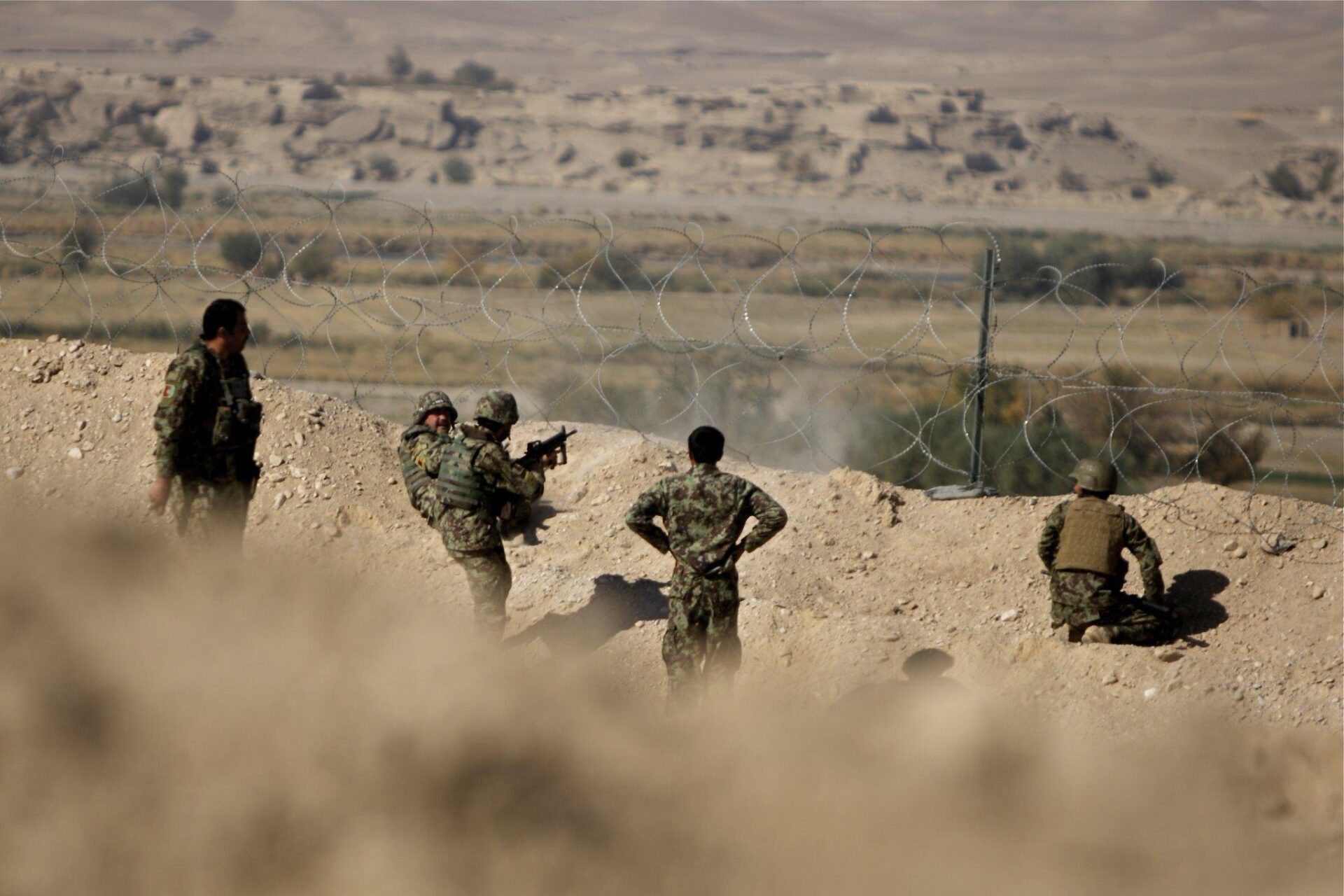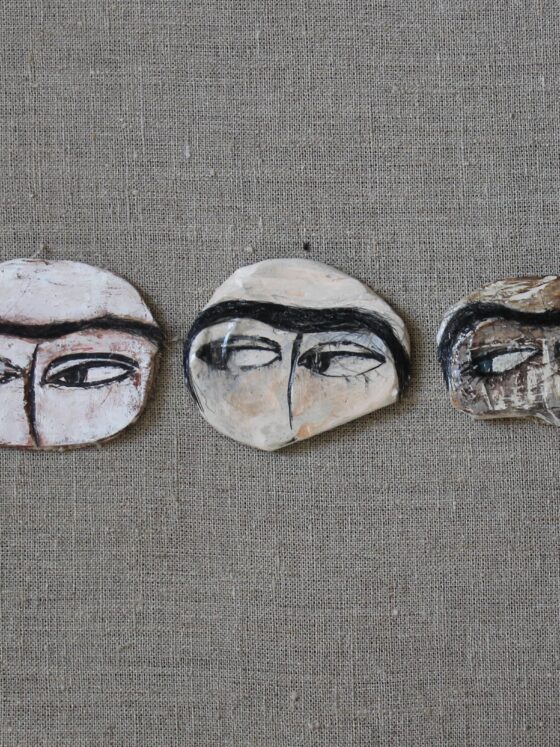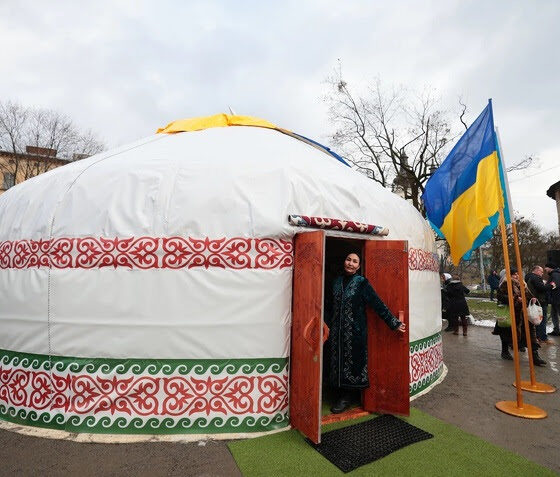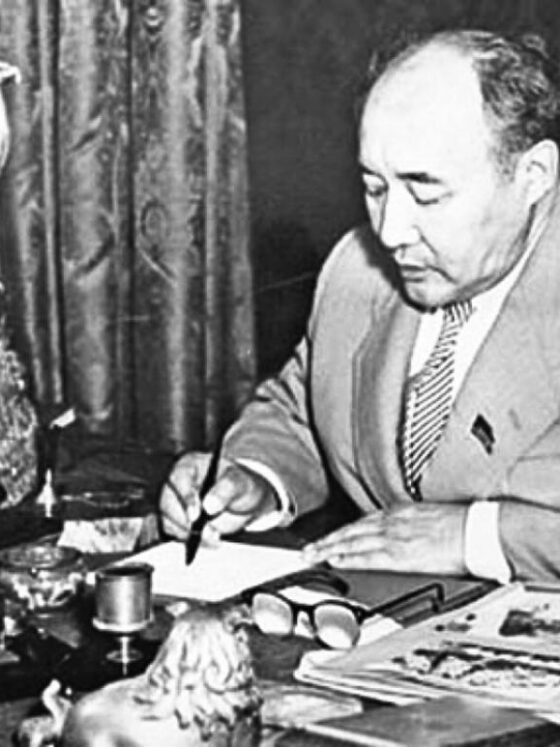A virtual event hosted by the Central Asia Program at the George Washington University on August 23, 2021.
About this event
In the span of just a few days, the Taliban has reached the borders of Central Asia, having seized control of large swaths of land in northern Afghanistan. The Taliban’s return and the ongoing escalations have altered the day-to-day lives of locals, with many on the move in search of shelter and hundreds having crossed into Tajikistan so far.
As the Taliban’s offensive continues and Afghan forces and local militia groups prepare to fight back against further escalation, Tajikistan is setting up a camp capable of hosting up to 100,000 refugees. Meanwhile, Central Asian governments have been conducting a massive combat-readiness check and relocating thousands of additional troops and heavy military equipment to the border. In sum, the recent developments in northern Afghanistan have changed realities on the ground, with far-reaching potential implications for residents of the border regions.
Please join us on August 23 at 11am EST for a discussion about the developments in northern Afghanistan from the local perspective, including ordinary people’s views of the Taliban’s return and their take on what the future holds for them.
Speakers
Malali Bashir is a journalist and video producer with RFE/RL’s Afghan Service, Radio Free Afghanistan. Bashir, who is from Kabul, has covered a range of topics related to Afghanistan, often with a women’s rights perspective. Along with her work at RFE/RL, Bashir has written for BBC Pashto, Foreign Policy, and The Daily Times, and she has edited Afghan magazines. Prior to her journalistic work, Malali was a Fulbright scholar at Brandeis University, Massachusetts.
Sirojiddin Tolibov is the Managing Editor of RFE/RL’s Tajik Service. Having reported on operations against Islamic militants from the main hot spots in Tajikistan, Uzbekistan, Kyrgyzstan and Afghanistan throughout his journalistic career, he is an expert on security matters, Islamic groups, human rights, and social and economic issues in Central Asia. Prior to RFE/RL, Tolibov spent 20 years with the BBC World Service’s Central Asian unit as a reporter, manager, news anchor, and editor. In 2001, he has announced the Service’s Best Reporter. He has also performed leading roles in award-winning BBC radio dramas.
Mélanie Sadozaï is a PhD candidate in International Relations at the Center for Europe and Eurasian Studies (CREE) at the National Institute of Oriental Languages and Civilizations (INALCO/Sorbonne Paris Cité) in Paris, France, and a Visiting Scholar at the Sigur Center for Asian Studies at the George Washington University. Prior to becoming a doctoral student, Mélanie graduated with a B.A. in Persian linguistics and civilizations from INALCO, and two M.A. in International Relations and War Studies from Université Paris 1 Panthéon Sorbonne. Her research is based on long-time fieldwork and focuses on cross-border activities as resources in the remote areas of Tajikistan and Afghanistan in the Pamirs. Through an empirically oriented methodology, she challenges the widespread perception of the Southern border of Tajikistan which associates it with images of violence and danger. Since 2018, Mélanie has presented her research during academic events in France, Ukraine, Kirghizstan and the United States. She has namely published in the Journal of Borderlands Studies and the Journal of Power Institutions in Post-Soviet Societies.
Marlene Laruelle, Moderator
Marlene Laruelle, Ph.D., is Director, Institute for European, Russian, and Eurasian Studies; Director, Central Asia Program; Director, Illiberalism Studies Program; Co-Director, PONARS-Eurasia; and Research Professor of International Affairs at George Washington University. Marlene’s research explores the transformations of nationalist and conservative ideologies in Russia, nationhood construction in Central Asia, as well as the development of Russia’s Arctic regions.













